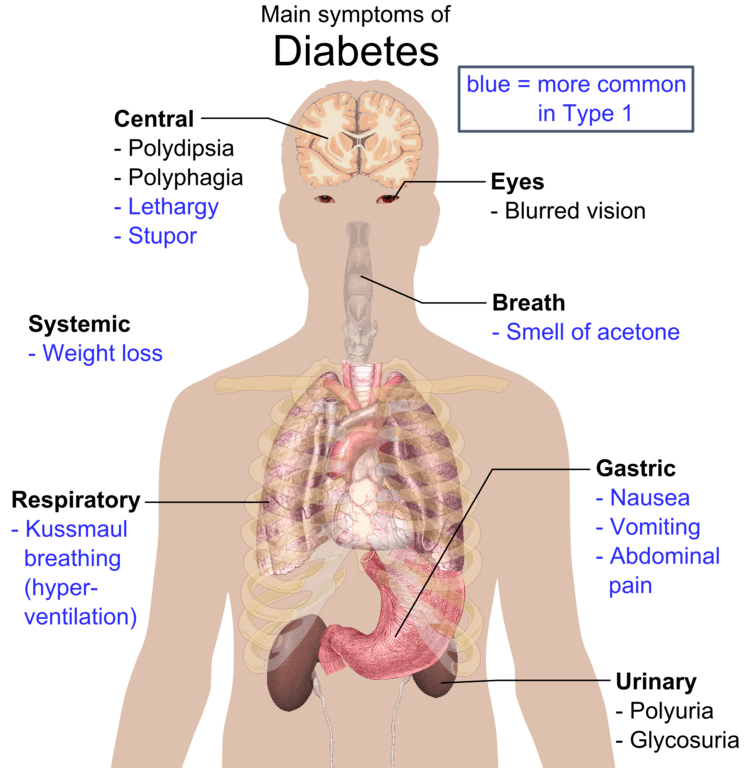Before you trust that blog…
Doug Bremner has a blog. That blog stinks. Bremner is an apparently well-regarded psychiatrist, and takes a refreshing look at the influence of industry not just on pharmaceuticals but on the conduct of science itself. His outspoken views have led to attempts to squelch his academic freedoms. But his sometimes-heroic record does not excuse dangerous idiocy. I can understand how wading into...
Placebo is not what you think it is
If I read one more crappy article about placebos, something’s gotta give, and it’s gonna be my head or my desk. Wired magazine has a new article entitled, “Placebos Are Getting More Effective. Drugmakers Are Desperate to Know Why.” Frequent readers of skeptical and medical blogs will spot the first problem: the insanely nonsensical claim that “placebos are getting better”. This not...
If you’re sick, even the ridiculous can seem sublime
Let’s say you have cancer. And let’s say you’re really, really sick of having cancer. And let’s say that you’re also pretty tired of scans, chemo, radiation, hair loss, nausea. And let’s say you’re not really sick and tired of living, but actually pretty happy to be alive. Finally, let’s say someone says that they can get rid of your cancer, without...
Health care reform and primary sources
One thing I always encourage my residents and students to do is to go to primary sources. If someone tells you that thiazide diruetics should be the first line treatment for hypertension, get on MedLine and see if that assertion is congruent with the evidence. It’s important to see how we arrive at broad treatment recommendations, how strong and consistent the evidence...
Magic diet? Not so much
Alternative medicine practitioners love to coin magic words, but really, how can you blame them? Real medicine has a Clarkeian quality to it*; it’s so successful, it seems like magic. But real doctors know that there is nothing magic about it. The “magic” is based on hard work, sound scientific principles, and years of study. Magic words are great. Terms like mindfulness,...

DSHEA: a travesty of a mockery of a sham
The Dietary Supplement Health and Education Act (DSHEA) is a terrible piece of legislation that protects supplement manufacturers rather than patients. Congress should be ashamed.
I get mail–chiroquacktic edition
A long while back, at the original wordpress incarnation of my usual blog, I wrote a piece on the reasons that chiropractic is unscientific nonsense. Because it was popular, I resurrected it. Well, a chiropractor has come to bravely defend his field and left me a comment. A study in the May 2007 issue of the Journal of Manipulative and Physiological Therapeutics...

The death and rebirth of vitalism
Vitalism was once central to the prescientific ideas about biology but was later abandoned to the enormous benefit of the discipline. These days, many CAM approaches want to bring it back.
Science is hard, and best left to professionals (the same may be said for journalism)
It might seem a bit undemocratic, but science, like medicine or dentistry, is a profession. One doesn’t become a scientist by fiat but by education and training. I am not a scientist. I apply science. My colleague Dr. Gorski is a scientist (as well as physician). He understands in a way that I never will the practical process of science—funding, experimental design,...

What is disease? Diabetes, diagnosis, and real science
How do we know if people are sick? First, a disease is defined, then we check patients against the criteria. Though it sounds simple, it's not always.

